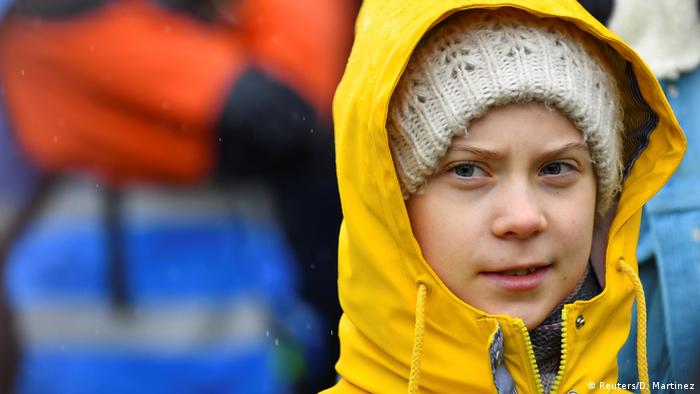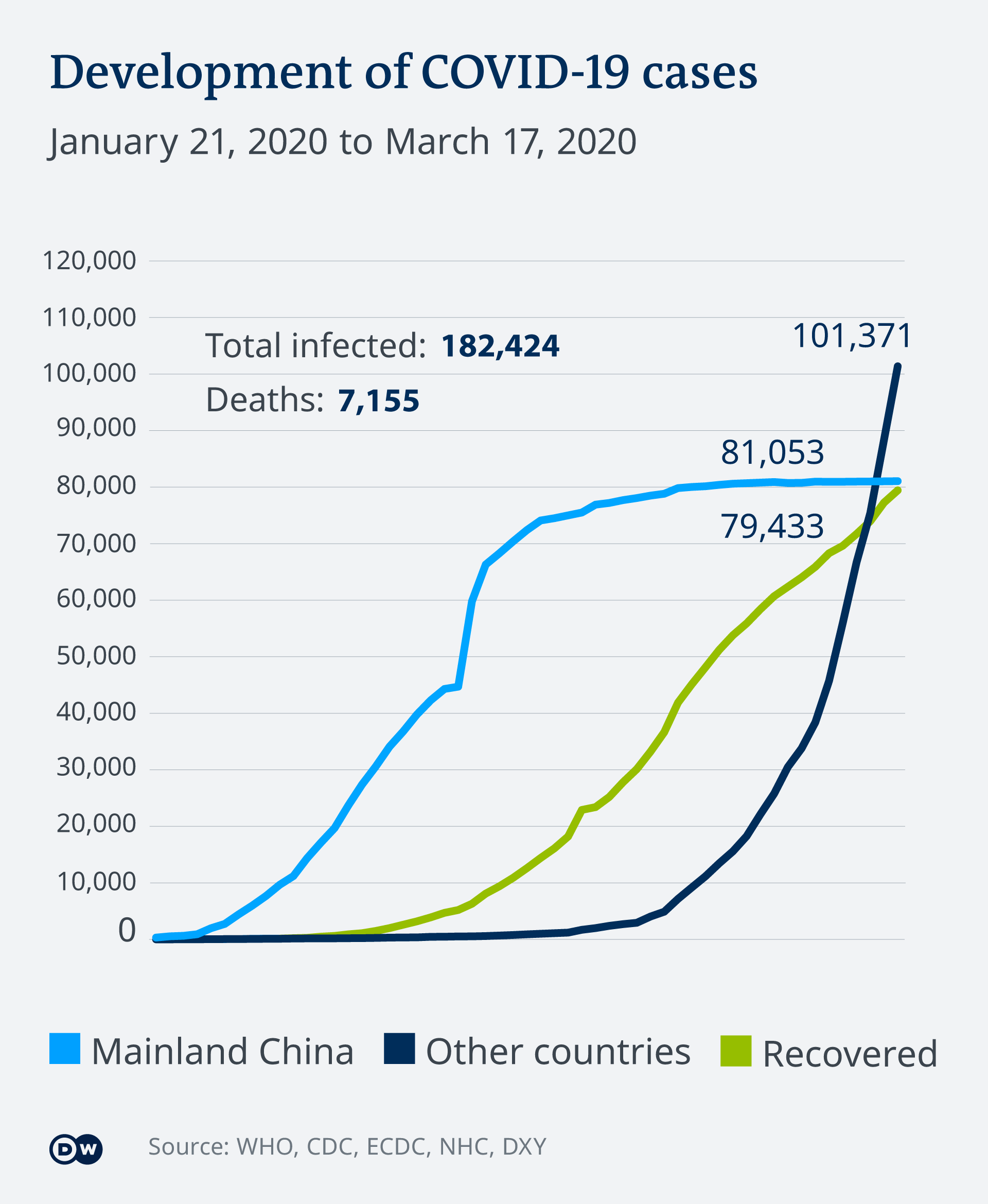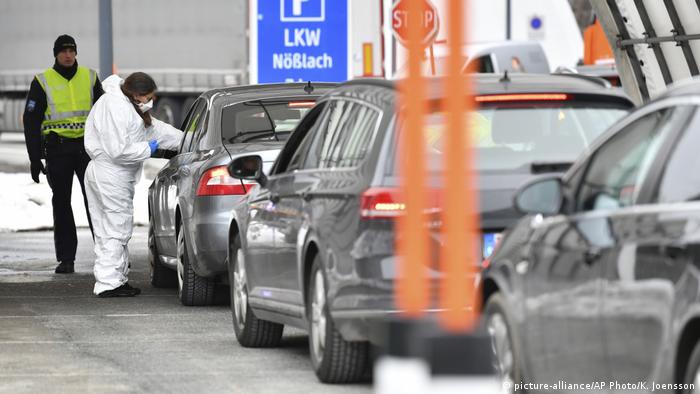How has Taiwan kept its coronavirus infection rate so low?
Taiwan's number of COVID-19 infections is currently below 50, despite the island's proximity to the outbreak's epicenter on mainland China.
Experts say early intervention has helped stop a public health crisis.

More than two months after a new virulent coronavirus emerged from the Chinese city of Wuhan, more than 100,000 people in dozens of countries around the world have been infected.
The COVID-19 infection, however, has largely spared Taiwan, despite the island's relative proximity to the virus's epicenter.
When the outbreak first started in January, some experts predicted that Taiwan would have the highest number of cases outside of mainland China.
However, while mainland China has had over 80,000 COVID-19 cases to date, Taiwan has kept its number of confirmed cases below 50. Some international health experts credit this to Taiwan's quick preparation and early intervention.
Dr. Jason Wang, a public health policy expert at Stanford University in the US, said that Taiwan recognized the potential scale of the crisis early, and was able to stay ahead of the outbreak.
"Taiwan established the National Health Command Center (NHCC) after the SARS epidemic in 2002 and 2003. That was in preparation for the next crisis," said Wang, adding that the NHCC integrates data and allows experts to work together.Taiwan took early action
Taiwan's government introduced a travel ban on visitors from China, Hong Kong and Macau soon after the number of coronavirus cases began to rise in mainland China. Additionally, the government implemented a ban on exporting surgical masks, ensuring a stockpile in Taiwan.
Taiwan prisoners pay it forward in time of Wang said that the introduction of public health laws gave the Taiwanese government additional power to allocate resources.
"The Taiwanese government integrated data from national health insurance with immigration and customs data," Wang said. "This has allowed frontline medical personnel to identify suspected patients after examining their travel histories."
The Taiwanese government also developed a program that has allowed people to report travel histories and symptoms of illness by scanning a QR code when they arrive in Taiwan.
Travelers then receive a text message with their health status, allowing customs officers to skip low risk passengers and focus on passengers with a high COVID-19 infection risk.
"There are a lot of things that the Taiwanese government was able to do with new technology, and these practices allow them to triage people properly and follow up with appropriate care," Wang said.
The public's willingness to follow government regulations has also helped Taiwanese officials respond to the coronavirus outbreak.
"Most Taiwanese experienced hardship and interruption during the SARS epidemic, so the memory is still fresh. It helps to foster a sense of community," said Dr. Chunhuei Chi, a public health professor at the Oregon State University in the US.
"They know that they are in this together and that makes them willing to comply with the measures rolled out by the government."
Taiwan's medical research
Chi added that Taiwan has invested in its biomedical research capacity over the last few decades and research teams have been working to mass-produce a rapid diagnostic test for COIVD-19.
Last Sunday, a research team at Taiwan's Academia Sinica developed antibodies that can identify the protein that causes the coronavirus. They aim to produce a new rapid test for the coronavirus that can shorten the time frame for diagnosis to 20 minutes.
The lead researcher of the team, Dr. Yang An-Suei, said on March 8 that the next step for the team is to validate the product before rolling out a rapid test kit in Taiwan.
And although Beijing continues to block Taiwan from rejoining the World Health Organization (WHO), public health expert Wang said that Taiwan continues to share its experience in combating the coronavirus outbreak with other countries.
"Taiwan has been sharing their epidemic prevention strategies with other countries through tele-conferences, while helping countries that lack advanced medical capabilities to process samples from patients," Wang said.
"In other words, the Taiwanese government has been actively using the topic of public health to engage with other countries."
As for whether Taiwan can rejoin the WHO through its success in containing the spread of coronavirus, Wang thinks it is an issue that WHO rather than Taiwan should consider.
"The WHO should know that inclusiveness is the key to combating a global pandemic, and if it is ignoring certain pockets in the world, then that is not good," Wang said.
Date 11.03.2020
Author William Yang (Taipei)


















